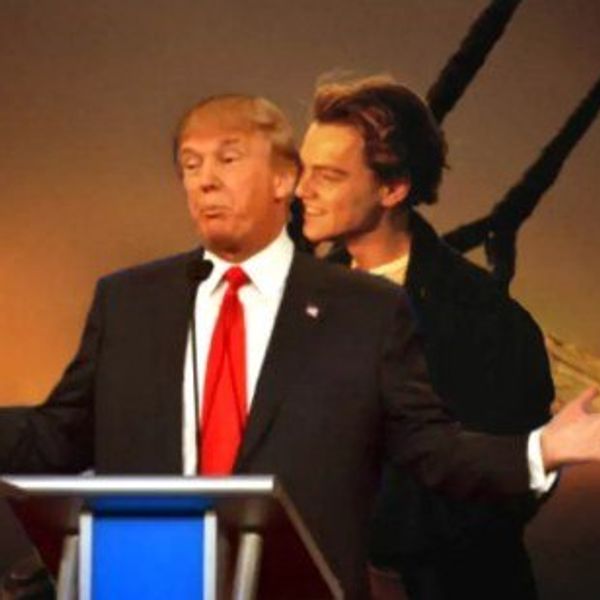The first Democratic Debate (and first "Saturday Night Live" parody of the Democratic Debate) has occurred, and it was objectively more productive than the Republican Debates. There was no questions aimed to attack individual people, but instead a focus on actual policies and hopeful reforms. The candidates were cordial, even friendly, towards one another, but still made a point to openly disagree with specific opinions. There was also only one mention of Donald Trump, which is a plus for everyone. The first Democratic Debate showed us how a debate should truly be run.
Now onto critiquing the debaters themselves. Let’s start with the lesser-knowns.
Lincoln Chafee
There is not a whole lot to say about Chafee, other than how happy he seemed to be to simply be on stage. He didn’t add a whole lot of intriguing information, and there were no real highlights for him. Of course, he did speak up about the importance of Clinton’s email scandal, and how she had to be held accountable for it since the United States of America should have an ethical president. Other than that, he reminded me of a fun Sesame Street character, just up there to lighten the mood.
Jim Webb
Unsurprisingly, many Democrats are unamused and unimpressed with Webb. He came off as more of a conservative than a liberal, especially when he consistently brought up the fact that he was in the Vietnam War (which is objectively the U.S.’s least favorite war). He is also rated the highest by the NRA, who Democrats openly hate. Then, there’s the embarrassing “I have no time to talk” outburst that made a few viewers laugh, but only because they were mocking him. Like Chafee, Webb was simply a podium-filler.
Martin O’Malley
O’Malley has my praise. He is known to many Marylanders for his epic debating skills, which is why he briefly complains about the lack of debates thus far. His tactics got him noticed (as well as his looks). He showed us his strong views and demonstrated how fantastic he is at capturing the crowd. His presence on stage won’t get him enough popularity to win the 2016 election, but it certainly got his name out there—here’s to hoping for a 2020 race for the Presidency by O’Malley!
Hillary Clinton
Hillary Clinton seemingly did an exceptional debating job, when considering the first layer of the debate. She had a lot of speaking time (of course), and plenty of cheers from the crowd, but when thoroughly examining how she debated, it’s obvious that she mostly played cheerleader to what the other candidates said. She made exciting claims—like when she said that, if she is elected president, fathers can finally tell their daughters that they, too, can be president—but none of her issues that she argued were all that unique to her. This is probably because Clinton has a habit of only speaking out on an issue once she is certain that the majority of the citizens will agree with her—which she was called out on by Anderson Cooper, backed up with a few examples, which she then denied as her M.O. Clinton came off too rehearsed, as she often does, and that is a dangerous quality in a candidate.
Bernie Sanders
Bernie Sanders wowed us all. He shut down criticisms of “socialism” and explained exactly what he, as a Socialist Democrat, stood for. He supported the issues that he has been speaking out against so strongly, like the billionaire class owning and running everything, including that debate. He proved that he has always cared about important issues, and has always stated his opinions as soon as they are needed, not once there have been enough people also supporting it (as Clinton does all too often). He answered the popular Black Lives versus All Lives debate, not only proving to viewers that he understands the fundamental difference, but also that he has always cared about the race issue (he participated in the March on Washington in 1963, according to NPR writer Amita Kelly). Sanders proved that he is educated, passionate, and ready for a presidential race focused solely on politics.





















